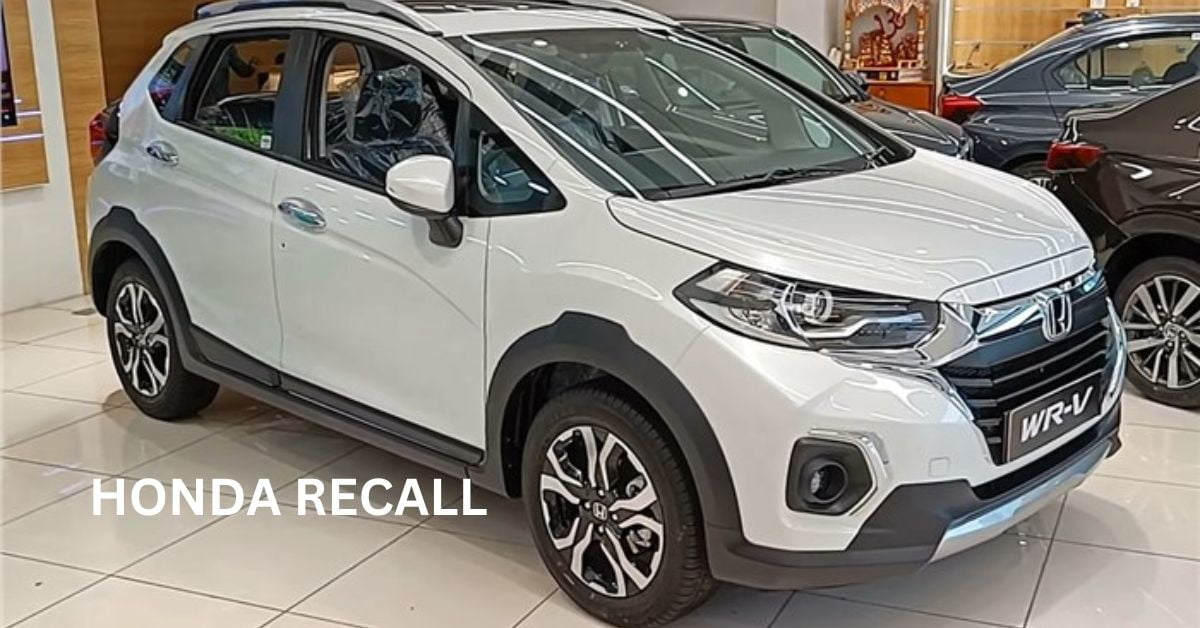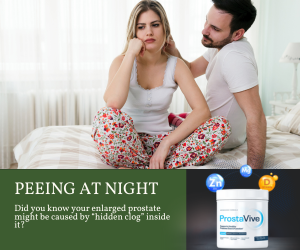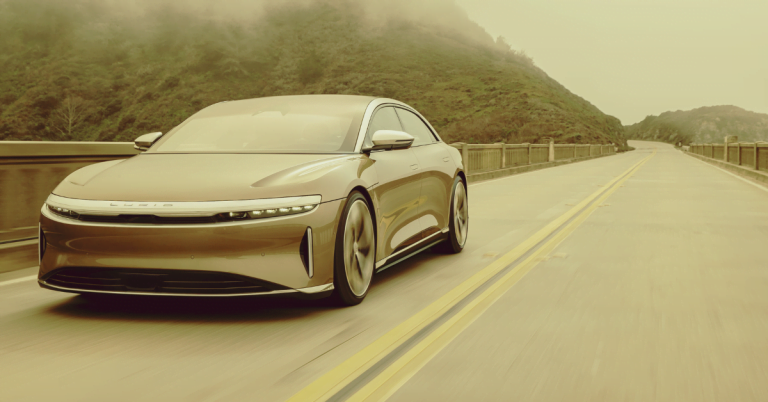Honda Recall 2.5 Million Vehicles for Fuel Pump Fiasco

Buckle up, Honda drivers, because it’s time for a pit stop. In a major Honda recall affecting over 2.5 million vehicles, the beloved Japanese automaker is facing a potentially dangerous fuel pump issue. This isn’t just a minor inconvenience; it’s a recall with serious safety implications, one that requires us to pay close attention and take immediate action if our trusty Hondas are part of the affected bunch.
What’s the Problem? – Dive into the Faulty Fuel Pump Issue
The culprit in this saga is a faulty fuel pump module. This crucial component is responsible for delivering gasoline to the engine, keeping your Honda humming along like a well-oiled machine. However, due to an improper molding process, some fuel pumps are at risk of failing. This can lead to a whole host of problems, from engines refusing to start to vehicles suddenly stalling while you’re cruising down the highway.
Safety First: Potential Risks and Consequences
Let’s paint a picture: you’re merging onto a busy freeway, confident in your Honda’s reliability. Suddenly, the engine sputters and dies, leaving you stranded in the middle of traffic. Scary, right? That’s the potential reality for drivers of affected vehicles. A failing fuel pump can not only be inconvenient but also significantly increase the risk of accidents, especially in high-pressure driving situations.
Stalled Engines and Shaky Starts: Symptoms to Watch Out For
So, how do you know if your Honda is one of the unfortunate 2.5 million? Keep an eye out for these warning signs:
- Difficulty starting the engine: If your Honda cranks but just won’t turn over, it could be a symptom of a failing fuel pump.
- Engine stalling: This is a big red flag, especially if it happens while you’re driving. Don’t ignore it – pull over to a safe spot and get your vehicle checked out immediately.
- Loss of power or hesitation: Does your Honda seem sluggish or struggle to maintain speed? This could be another indication of fuel pump trouble.
Who’s in the Hot Seat? Affected Models and Year Ranges
Now, let’s get down to specifics. Which Honda and Acura models are on the recall list? Buckle up, because it’s a long one:
- Honda: Accord, Civic (coupe, sedan, hatchback, Type R), CR-V, HR-V, Ridgeline, Odyssey, Clarity PHEV, Fit, Insight, Passport, Accord Hybrid (certain years)
- Acura: ILX, MDX, MDX Hybrid, RDX, RLX, TLX, NSX (certain years)
For a complete breakdown by model and year, head over to the National Highway Traffic Safety Administration (NHTSA) website. Just plug in your VIN (Vehicle Identification Number) and see if your Honda is one of the unlucky ones. Don’t worry, we’ll guide you through the next steps.
Taking Action: What You Can Do if Your Honda is Recalled
Now that you know if your Honda is part of the recall, it’s time to take action. Here’s what you need to do:
- Checking Your VIN: The first step is to identify if your specific vehicle is affected. Grab your car’s registration or insurance card and locate the 17-digit VIN. Head over to the NHTSA website or contact your local Honda dealership to confirm if your VIN is on the recall list.
- Scheduling Your Fix: If your Honda is indeed part of the recall, don’t delay. Contact your nearest Honda dealership to schedule a free fuel pump replacement. Remember, this is a safety issue, and getting your vehicle fixed promptly is crucial.
- No Need to Panic: What to Expect at the Dealership: The fuel pump replacement process is typically straightforward. The dealership will order the necessary parts, schedule a convenient appointment, and handle the entire repair at no cost to you. Relax, grab a cup of coffee, and let the experts take care of the rest.
Beyond the Recall: Tips for Staying Safe on the Road
While the recall specifically addresses the fuel pump issue, it’s a good reminder to prioritize regular maintenance for your Honda. Here are some tips to keep your vehicle running smoothly and safely:
- Stick to the Schedule: Follow your Honda’s recommended maintenance schedule for oil changes, tune-ups, and other essential checks.
- Listen to Your Engine: Pay attention to any unusual noises, vibrations, or changes in performance. These could be early warning signs of potential problems.
- Heed the Warning Lights: Don’t ignore dashboard warning lights, especially those related to the engine or fuel system. Get your vehicle checked out immediately to avoid further issues.
Also Read: Why I Exercise
Conclusion: Hitting the Reset Button on Honda’s Reputation
This recall, while concerning, is also a testament to Honda’s commitment to safety. By proactively addressing the issue and offering free repairs, the automaker is taking responsibility and prioritizing the well-being of its customers. Let’s hope this serves as a learning experience, both for Honda and for drivers, highlighting the importance of regular maintenance and vigilance when it comes to our vehicles.
FAQs:
- Q: Does this recall affect all Honda and Acura models?
- No, the recall is limited to specific models and year ranges listed above. Check the NHTSA website or contact your dealership to confirm if your vehicle is affected.
- Q: How long will it take to get my fuel pump replaced?
- The wait time can vary depending on the workload at your dealership and the availability of parts. Typically, the repair itself takes a few hours, but factor in scheduling and potential delays.
- Q: Are there any other safety risks associated with this recall?
- A failing fuel pump can increase the risk of accidents, especially if it leads to engine stalling while driving. If your Honda is part of the recall, getting it fixed promptly is crucial.
- Q: What happens if I don’t get my fuel pump replaced?
- You risk experiencing the issues mentioned earlier, like engine stalling and difficulty starting. Ignoring the recall can also compromise your safety and potentially void your warranty.
- Q: Can I get reimbursed for any expenses related to the recall?
- The recall covers the cost of the fuel pump replacement and related labor. However, any additional expenses incurred, like towing or rental car fees, are typically not covered.
Remember, your safety is paramount. If your Honda is one of the 2.5 million affected vehicles, take action today and get your fuel pump replaced. Let’s keep our Hondas humming happily and hit the road with confidence, knowing we’ve prioritized both performance and peace of mind.






